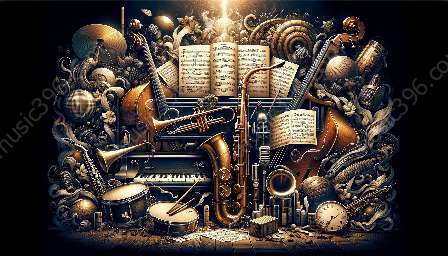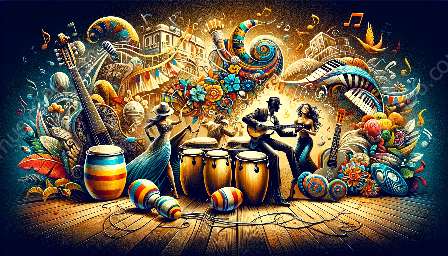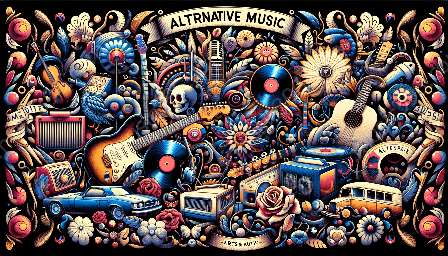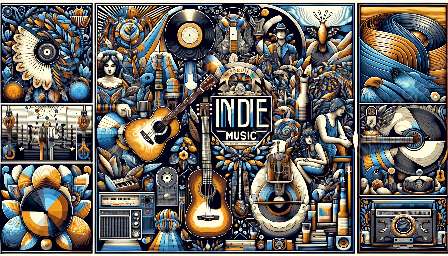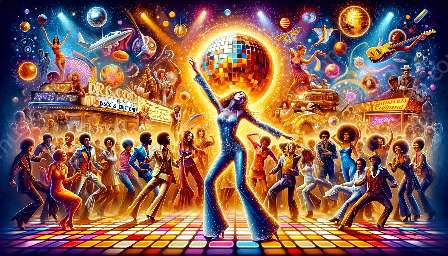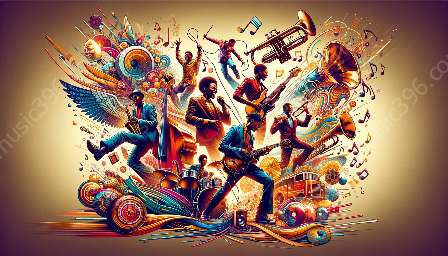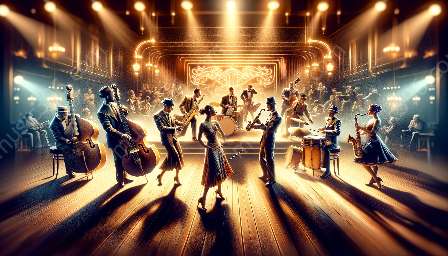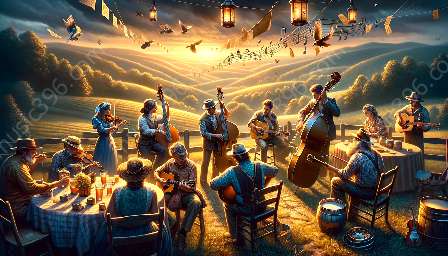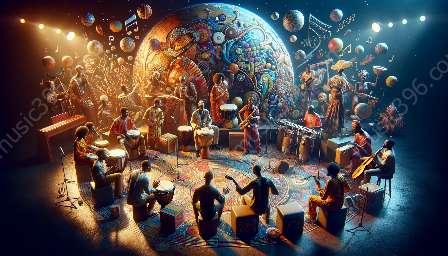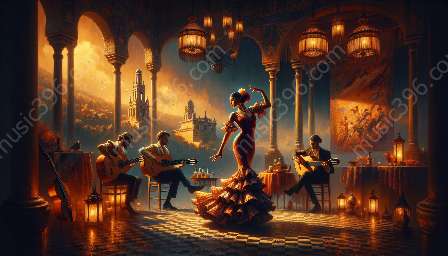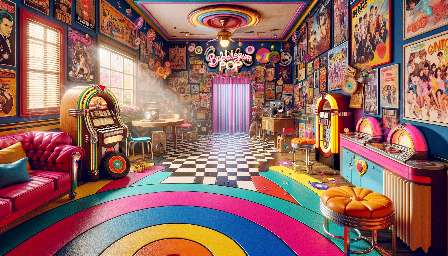The Chicago Blues Style is a significant and influential genre within blues music, characterized by its distinctive sound, electrifying performances, and rich cultural heritage. Originating in the vibrant musical landscape of Chicago, this style has left an indelible mark on the development of blues music and has influenced a wide array of other music genres. In this comprehensive guide, we will delve into the history, key features, notable artists, and enduring legacy of Chicago Blues Style.
History and Origins
The roots of Chicago Blues can be traced back to the Great Migration, when African Americans from the South moved to the urban centers of the North, seeking job opportunities and a better life. These migrants brought their musical traditions with them, blending rural blues with the rhythms and sounds of the city. The electric guitar, harmonica, and amplified instruments became integral to the Chicago Blues sound, marking a departure from the acoustic, country blues style.
Today, the iconic sound of Chicago Blues is closely associated with the post-World War II era, when artists like Muddy Waters, Howlin' Wolf, and Little Walter electrified audiences with their raw, emotional performances. The smoky clubs and juke joints of Chicago provided the perfect backdrop for this burgeoning musical movement, giving birth to a new chapter in the story of the blues.
Characteristics and Influences
Chicago Blues Style is characterized by its expressive vocals, fiery guitar solos, and dynamic rhythms. The use of amplified instruments and a full band arrangement distinguishes it from other regional blues styles. The lyrics often reflect the experiences of urban life, touching on themes of love, hardship, and resilience.
Moreover, the influence of Chicago Blues extends beyond the realm of blues music, shaping the artistic direction of genres such as rock and roll, soul, and rhythm and blues. The electrifying energy and emotional depth of Chicago Blues performances have captivated audiences worldwide, leaving an enduring legacy that continues to inspire musicians across various genres.
Key Artists and Contributions
Several iconic figures have played pivotal roles in defining and popularizing the Chicago Blues Style. Muddy Waters, often referred to as the



